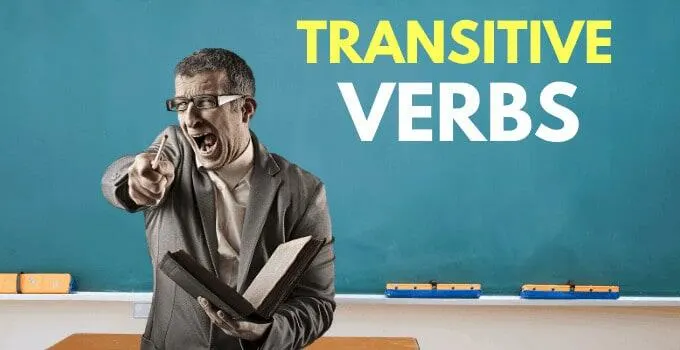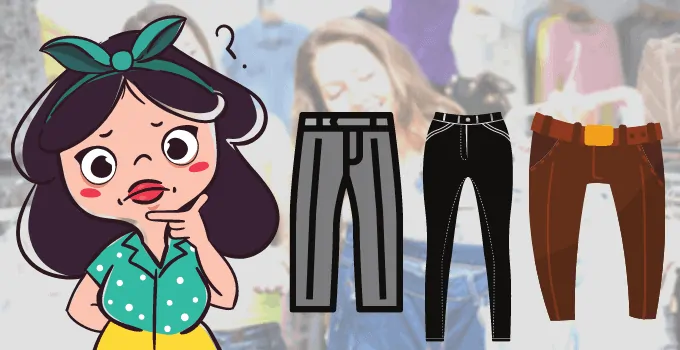Have you ever been in doubt about where to put sneaky commas in sentences? And, have you mistakenly thought of a word belonging to one part of speech when, in fact, it doesn’t? Writing may seem to be one of the most agonizing tasks for most people, except for experts in the field of course. …
Search results for: as above so below
A way to level up in any language is to move beyond simple sentences with conjunctions like “and” or “or.” Conjunctions, words that connect two clauses together, allow you to express complex thoughts and emotions and can make you sound much more fluent, as well. In this article, we’ll look at how to use the …
Commas can be tricky. On top of that, “thus” can be a tricky word. “Thus” can mean “in this way” or “like this.” It can also have the same meaning as the words “consequently,” “therefore,” and “as a result of.” Knowing when a comma is needed with the word “thus” depends in part on which …
Today’s topic is a uniquely challenging one: prepositions in Japanese. We’re going to have to get familiar with flipping concepts around from how we generally understand them in English. I won’t lie: It’s a huge challenge at first, but after a handful of practice, without even noticing it, this new way of engaging with language …
The use of commas in written English may already seem as clear as mud. Similarly, cohesive devices such as pronominal adverbs may also make a learner feel like twisting a knife. Despite being intimidating in nature, the function of commas and pronominal adverbs remains hugely the same which is to logically bind words, phrases, or …
When it comes to punctuation, the comma is probably the most used punctuation next to the period. However, unlike the period, using commas can be tricky which can lead to committing errors in their use. These mistakes can make your writing less effective, especially when readers have a harder time understanding due to the improper …
A gerund is a verb with “ing” added to the end of it. That sounds pretty straightforward, but identifying a gerund is not quite as simple as that because adding “ing” to a noun does not automatically make it a verb. Only some verbs ending in “ing” are gerunds. We’ll discuss more at length how …
Have you ever wondered why some verbs in a sentence need an object while others don’t? You’re not alone. Let’s unpack the mystery of transitive verbs and see how they differ from other types of verbs. Ready, set, go! Table of Contents What is a Transitive Verb? A Basic Explanation of Transitivity …
And today’s topic is… pants! Wait, no, I mean the topic is trousers. Or is it slacks? Actually, we’re going to take a look at all three of these near-synonyms and figure out what, if anything, is the difference between slacks, pants, and trousers. Table of Contents Difference between Pants, Trousers, and Slacks Pants: the …









